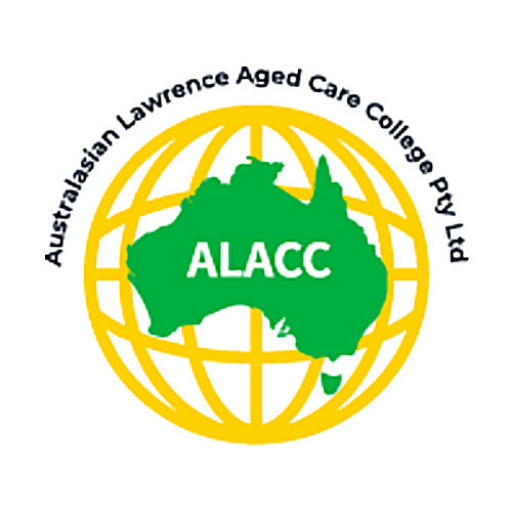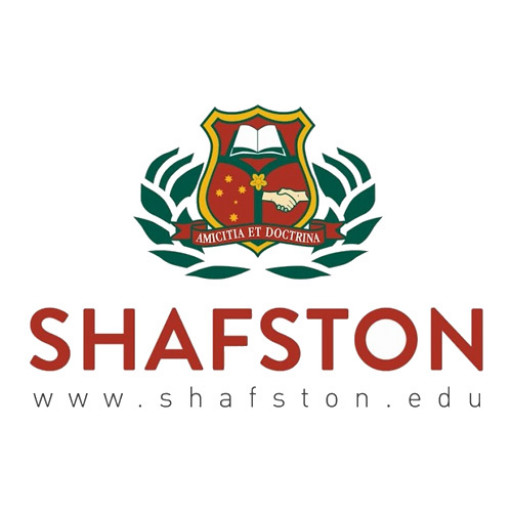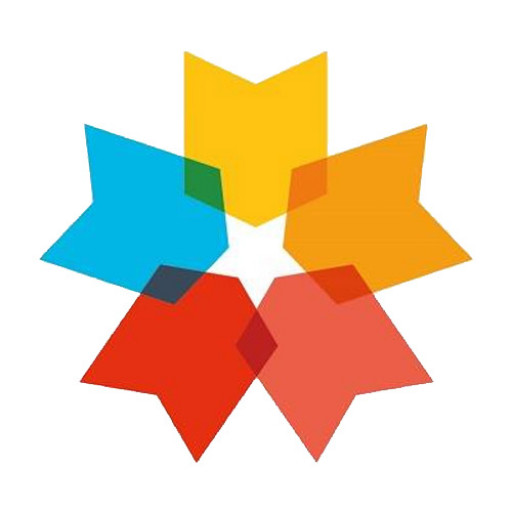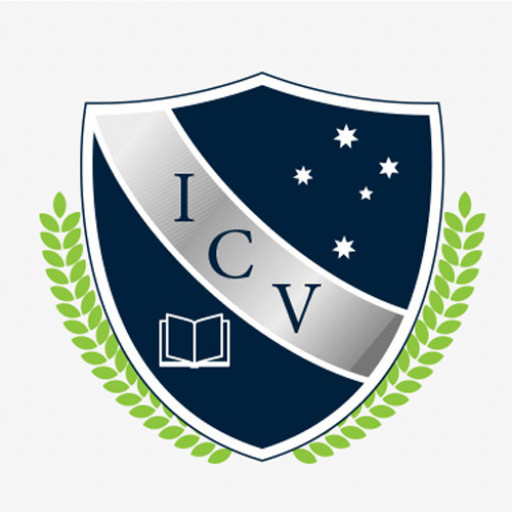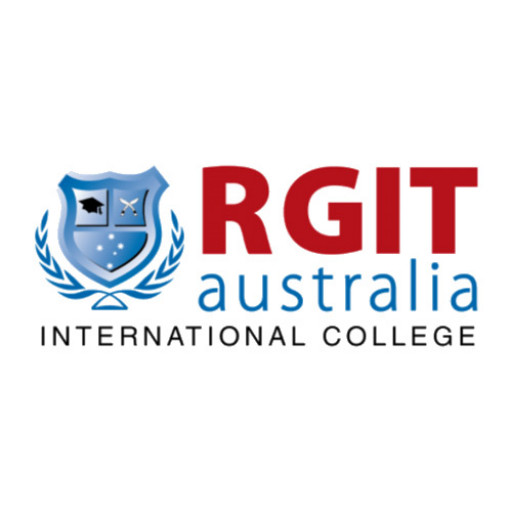The Bachelor of Early Childhood Education and Care at Swinburne University of Technology is a comprehensive undergraduate program designed to prepare students for a rewarding career in early childhood education. This course provides students with a deep understanding of child development, learning theories, and current practices in early childhood settings. Throughout the program, students will develop the essential skills needed to support the growth, learning, and well-being of young children from birth to eight years old. Emphasizing practical experience, the curriculum incorporates internships and placements within diverse early childhood environments, ensuring graduates are industry-ready and confident in their professional roles. Students will gain knowledge in curriculum planning, child psychology, inclusion strategies, and health and safety standards, aligning with national early childhood development frameworks. The program also explores contemporary issues in early childhood education such as digital literacy, cultural competence, and family engagement, preparing students to work effectively with children from diverse backgrounds and with various needs. Graduates will be equipped to pursue careers as early childhood educators, preschool teachers, childcare center directors, or policy advocates in early learning organizations. The course is designed to foster critical thinking, reflective practice, and ethical decision-making, all essential qualities for success in this dynamic field. With access to state-of-the-art facilities, expert lecturers with industry experience, and opportunities for professional development, students will be supported throughout their academic journey. Upon completion, graduates will meet the requirements for registration with relevant professional bodies and be eligible to work in early childhood education settings across Australia and internationally. The Bachelor of Early Childhood Education and Care at Swinburne is committed to producing passionate educators who are dedicated to nurturing and shaping the next generation of learners in a caring, inclusive, and innovative environment.
Program Overview
The Bachelor of Early Childhood Education and Care at Swinburne University provides students with comprehensive knowledge and practical skills necessary to work effectively with young children in a variety of early childhood settings. This program is designed to prepare graduates for careers as early childhood educators, preschool teachers, and child care practitioners, equipping them with a strong theoretical foundation and hands-on experience. Throughout the course, students will explore key areas such as child development, learning frameworks, curriculum planning, and inclusive education, ensuring they are well-prepared to promote the well-being and development of children from diverse backgrounds.
The program emphasizes a student-centered approach to learning, combining academic coursework with practical placements in approved early childhood settings. These placements allow students to apply their theoretical knowledge in real-world environments, develop professional skills, and build confidence in working with children, families, and communities. The curriculum also incorporates contemporary issues such as digital literacy, health and safety, and inclusive practices, reflecting current trends and requirements in early childhood education.
Students will engage in a range of learning experiences, including lectures, tutorials, group projects, and supervised placements, fostering critical thinking, communication, and reflective practice. The program is aligned with national accreditation standards, ensuring graduates meet the competencies required by early childhood regulatory bodies. Upon successful completion, graduates will be eligible for registration as early childhood educators and can pursue further career opportunities in educational settings, community services, or policy development.
Swinburne’s modern facilities, experienced faculty, and industry partnerships create an enriched learning environment that supports student success. The program also offers opportunities for specialization in areas such as inclusive education or leadership in early childhood settings, allowing students to tailor their degrees to their career aspirations. Graduates of the Bachelor of Early Childhood Education and Care will be equipped to make a positive impact on young children’s lives and contribute meaningfully to the development of a strong early childhood sector.
The Bachelor of Early Childhood Education and Care at Swinburne University of Technology is a comprehensive undergraduate program designed to prepare students for a professional career in early childhood education and care. The program typically requires students to complete a combination of typical coursework, practical placements, and assessments that ensure they acquire the necessary knowledge, skills, and competencies to work effectively with young children and their families. Entry requirements generally include a secondary school certificate or equivalent, with preference for applicants demonstrating an interest or background in education or caring professions. English language proficiency is also mandatory, often requiring an IELTS score of 6.5 overall with no band less than 6.0, or an equivalent qualification.
The program structure is usually divided into core units covering theoretical foundations such as child development, early childhood pedagogy, health and safety, and inclusive practices, along with practical units that involve placement experience in real-world settings. Students are expected to participate in a specified amount of supervised practical placements, which can be conducted at approved early childhood centres, kindergartens, or preschools, to complement their theoretical learning and develop professional skills. These placements are designed to allow students to observe and engage with children under the supervision of qualified educators, gaining firsthand experience in planning, implementing, and assessing educational activities.
In addition to coursework and placements, the program emphasizes the development of professional ethics, communication skills, and cultural competence to prepare students for diverse environments and inclusive practices in early childhood settings. Graduates are typically eligible to seek registration with relevant professional bodies, such as the Australian Children's Education & Care Quality Authority (ACECQA), which certifies them to work as early childhood educators or in related roles within community and private sectors. The program usually requires full-time study over three years, with potential part-time study options available for eligible students. Successful completion of the program results in a Bachelor degree, qualifying graduates to pursue employment opportunities in early childhood services, family support programs, and community education initiatives.
The Early Childhood Education and Care program at Swinburne University of Technology offers a range of financing options to support students throughout their studies. Tuition fees are set annually and vary depending on whether students are domestic or international. Domestic students may be eligible for government support schemes such as Commonwealth Supported Places (CSP) and HECS-HELP loans, which significantly reduce out-of-pocket expenses by allowing students to defer paying their fees until after graduation through income-contingent repayment schemes. This makes higher education more accessible and affordable for Australian citizens and eligible New Zealand citizens.
International students enrolled in the program are required to pay full tuition fees upfront or through a payment plan arranged with Swinburne University. The costs can be substantial, but the university offers various scholarships that can help alleviate financial burdens. Scholarships are awarded based on academic merit, extracurricular involvement, or specific criteria set by donors. Some scholarships provide full or partial tuition fee coverage, while others may offer living allowances or study grants.
In addition to scholarships, students can explore external funding sources such as government grants, sponsorships, or loans from financial institutions. The Australian government also provides access to VET Student Loans, which can be used for certain higher education qualifications, including some teacher education courses at Swinburne, subject to eligibility and approval.
Payment plans are available to spread the cost of tuition over manageable installments, which can ease cash flow pressures. The university also provides financial counseling services to help students plan and manage their finances effectively during their studies. Students are encouraged to thoroughly research and consult with Swinburne’s student services team to understand all available financing options and ensure they select the most suitable funding pathway.
Overall, the financing of the Early Childhood Education and Care program is designed to be flexible and supportive, aiming to make tertiary education accessible to a diverse range of students while minimizing financial barriers.
The Bachelor of Early Childhood Education and Care offered by Swinburne University of Technology provides students with comprehensive training and practical skills necessary to work effectively with young children, typically from birth to eight years old. The program emphasizes contemporary educational theories, developmental psychology, and inclusive practices to prepare graduates for diverse environments such as preschools, childcare centers, and early learning settings. Throughout their studies, students engage in both theoretical coursework and hands-on placements, allowing them to apply their learning in real-world contexts and develop essential teaching competencies. The curriculum covers a broad range of topics, including child development, learning frameworks, curriculum planning, health and safety, and family engagement. Swinburne’s focus on innovation incorporates the use of technology and creative approaches in early childhood education, ensuring graduates are well-equipped to address the needs of modern early learning settings. The program also encourages students to develop strong communication and interpersonal skills, fostering positive relationships with children, families, and colleagues. Graduates of this program are qualified to work as early childhood teachers or educators, and the qualification provides a pathway to registration with relevant professional bodies. Swinburne University benefits from modern facilities, experienced faculty, and industry partnerships, which enhance the educational experience. The course is designed to meet national accreditation standards, ensuring that graduates are recognized as competent professionals in the early childhood education sector. Typically structured over three years of full-time study, the program balances academic coursework, practical placements, and professional development opportunities. The university also offers flexible learning options, enabling students to tailor their studies to their personal circumstances. Upon completion, students may choose to pursue further studies, such as postgraduate qualifications in education or specialist areas within early childhood. The program aims to nurture reflective practitioners who can advocate for quality education and contribute positively to children's development and wellbeing. Swinburne University’s commitment to inclusive education and community engagement ensures that graduates are prepared for diverse cultural and socio-economic contexts. Employment prospects for graduates are strong, with opportunities in various early childhood education settings across the public, private, and community sectors. Overall, the Bachelor of Early Childhood Education and Care at Swinburne combines theoretical knowledge, practical experience, and innovative pedagogical approaches to prepare competent, dedicated early childhood educators.



